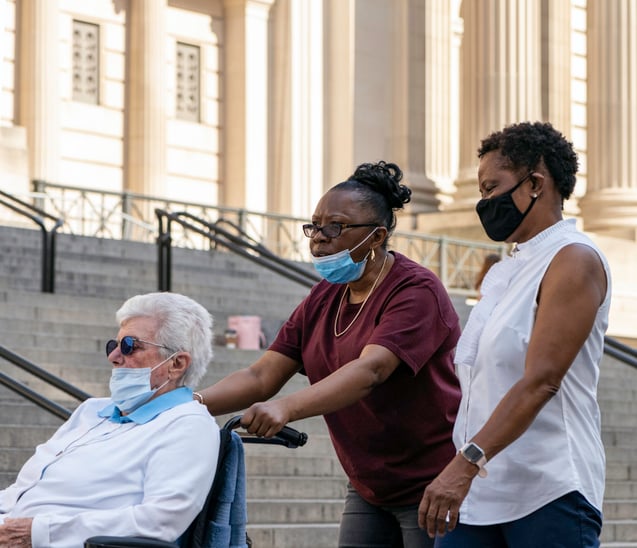
Uber Class Achieves Small Victory for Misclassified Gig Economy
Last month, a North Carolina federal court gave conditional certification to a class-action lawsuit brought against Uber by several of its drivers under the Fair Labor Standards Act (FLSA). Now, plaintiffs in the case can seek out other drivers who feel they have been wronged by the company and who have opted out of their arbitration agreement with Uber to join the class, giving the plaintiffs 18,000 drivers, and potential recruits, to choose from. Paul B. Maslo, an attorney for the plaintiffs, heralded this decision and claimed it now enables Uber drivers around the country to “band together to challenge Uber’s misclassification” of the drivers.
Since Uber’s inception nearly a decade ago, the classification of its drivers has been a contentious issue, as both drivers and corporate officers hold differing views on how the drivers should be classified. Some drivers, feeling suffocated by the company’s policies and regulations without the benefits of employee status, believe they should be resclassified as employees, while Uber sees the drivers as outsourced independent contractors providing services to the company without substantial oversight. The suit is the result of years of discord and strife finally coming to a head for both drivers and executives in the company.
While this grant of conditional certification is certainly a step in the right direction for Uber drivers, they still have a long way to go in their quest for accurate classification. The North Carolina federal court noted that the class’ requirements for conditional certification were “modest,” signifying that the class still has their work cut out for them. Yet the plaintiffs saw the silver lining in this ruling, as Maslo remarked that the court could have been more restrictive if they chose to, for example, limit the amount of drivers in the class to include only drivers from California. Thus, the court’s decision to widen the scope of potential class members is viewed with optimism by the plaintiffs.
However, Uber is not giving up hope, and the ride-sharing giant hopes to decertify the suit by enforcing an arbitration clause that requires workers to bring disputes in arbitration and not in court, and only in single-plaintiff actions, not as a class. This is a tactic that has been used by companies ranging from small start-ups to retail mainstays like Kmart and Sears and has derailed dozens of potential class actions. Keeping an eye on this case is important, as it may shed some light on the increasingly relevant issue of the misclassification of workers in the gig economy.


